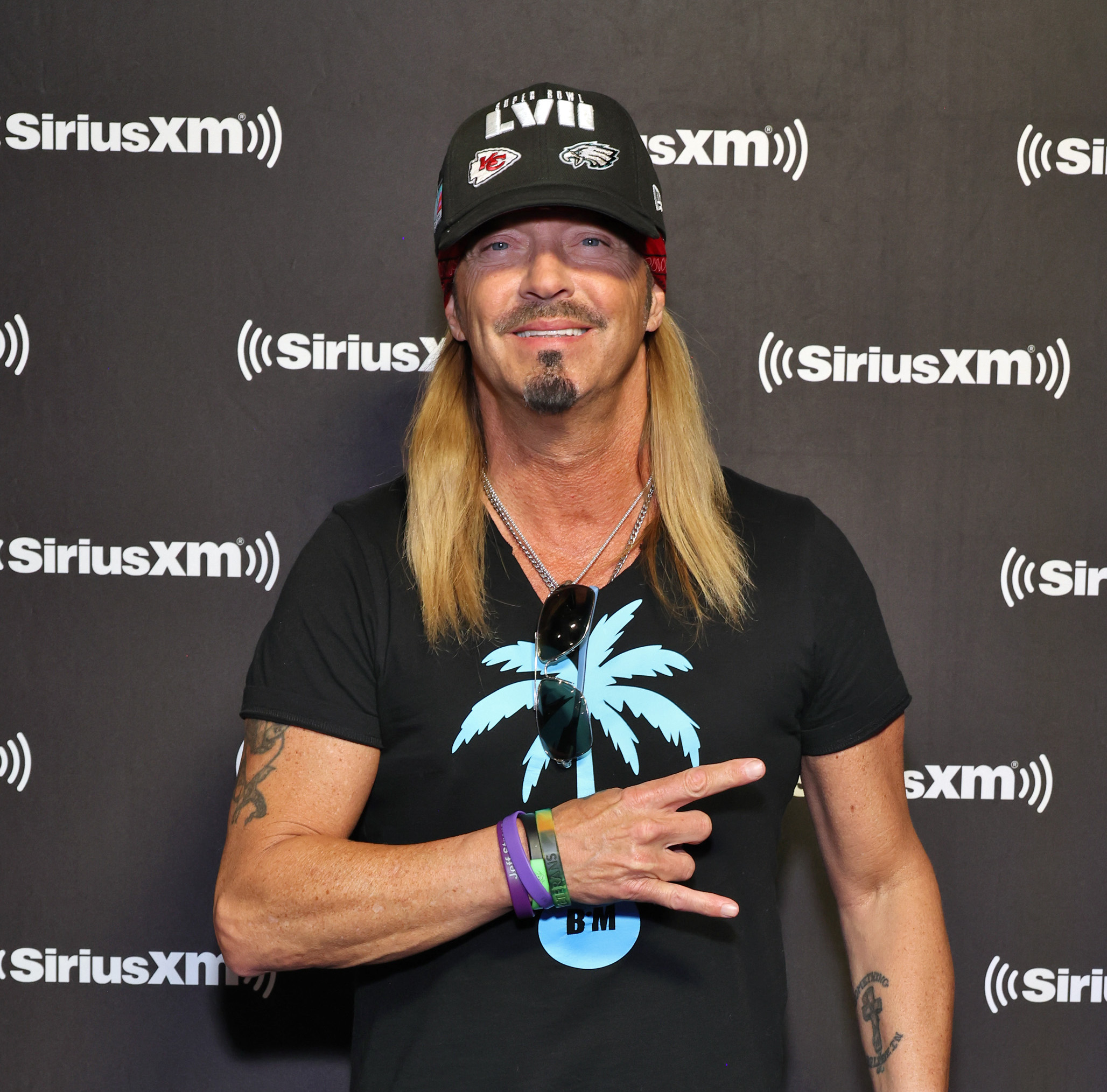Last year, YouTube announced that it's getting ready to launch Music Key, its own streaming service. Given all the power that YouTube and its parent company Google wield in the music universe, it's poised to become an overnight power player in the streaming wars, and it looks like its contracts might be even rougher on artists than those of competitors like Spotify. A few days ago, the cellist and composer Zoë Keating wrote a blog post about her negotiations with YouTube, and it included some troubling informations. To hear her tell it, YouTube is requiring artists to upload their entire catalogs, refusing to let music debut anywhere else before it debuts on YouTube, and demanding that everyone sign five-year contracts. They're also threatening to block the YouTube channels of anyone who doesn't comply. (A YouTube "communications manager" has already dismissed Keating's story as "patently false," though there seems to be some incoherence on their end.) David Lowery, the Cracker/Camper Van Beethoven frontman who's become a vocal foe of digital music practices, has now jumped into the conversation, and you can probably imagine that he isn't too happy about this.
In his own long blog post about the Music Key negotiations, Lowery writes, "YouTube is EVIL." That seems simplistic and sensational, but once you get into the meat of YouTube's demands, the company really does seem to be strong-arming artists. According to what we've seen, for instance, artists who refuse to sign with Music Key won't get any money when users post their music along with their own videos, and those artists will have a much harder time blocking those videos. They'll also make it impossible to offer exclusives to any other web entity for any amount of time. Lowery is imploring people to write to the Federal Trade Commission to force more scrutiny of Google's practices.
Expect this whole conversation to continue once Music Key picks up steam. This could end up making the whole Spotify debate seem tame.
UPDATE: Billboard reports that YouTube claims the terms of the contracts aren't quite what Keating was claiming. According to YouTube, artists who don't sign Music Key deals will still control their Content ID accounts, which means they can block people from uploading videos with their music. They just won't be able to monetize their music being on YouTube if they don't sign. They also claim that artists will be able to grant exclusives to other services before those pieces of music go up on Music Key.






